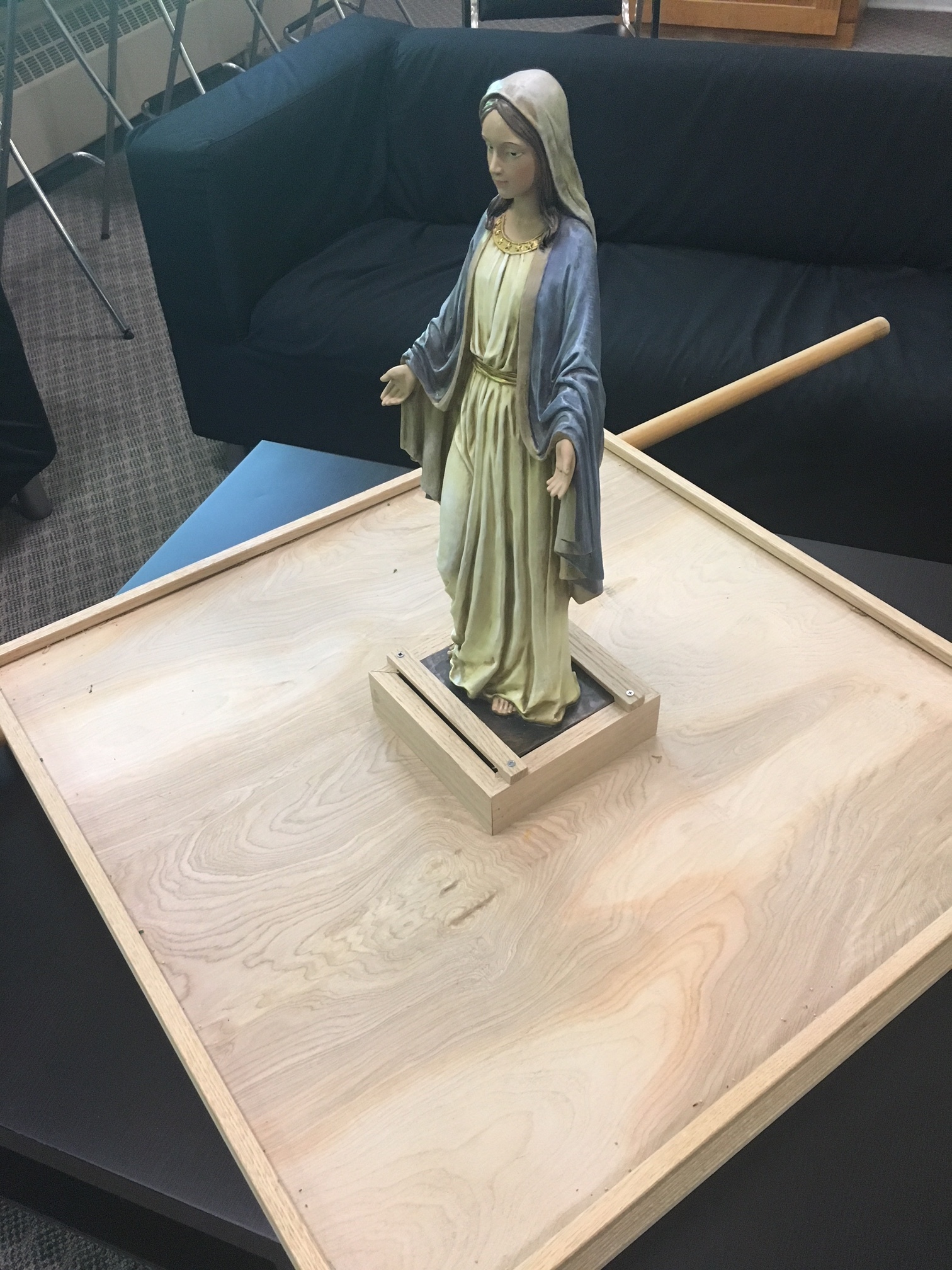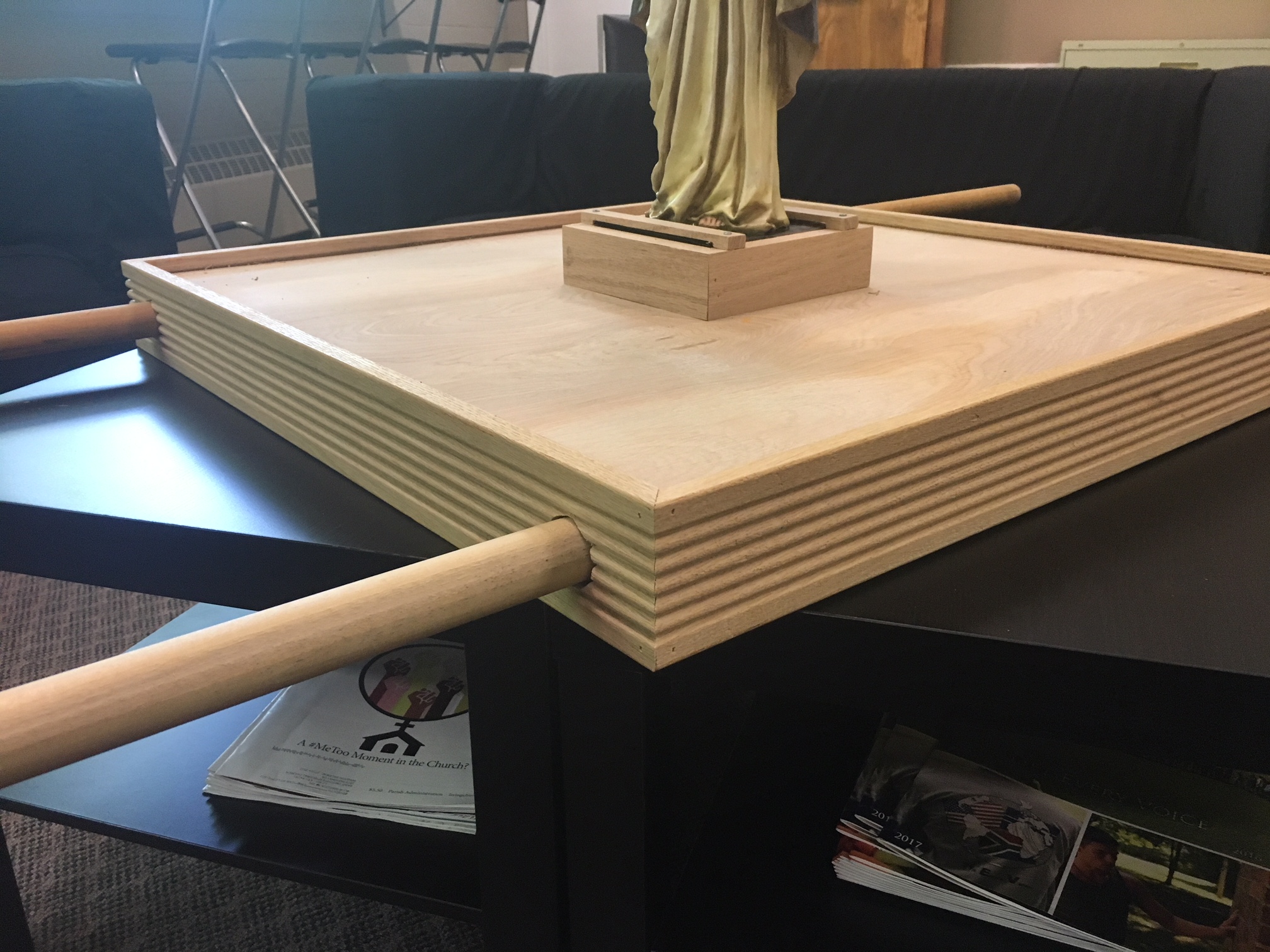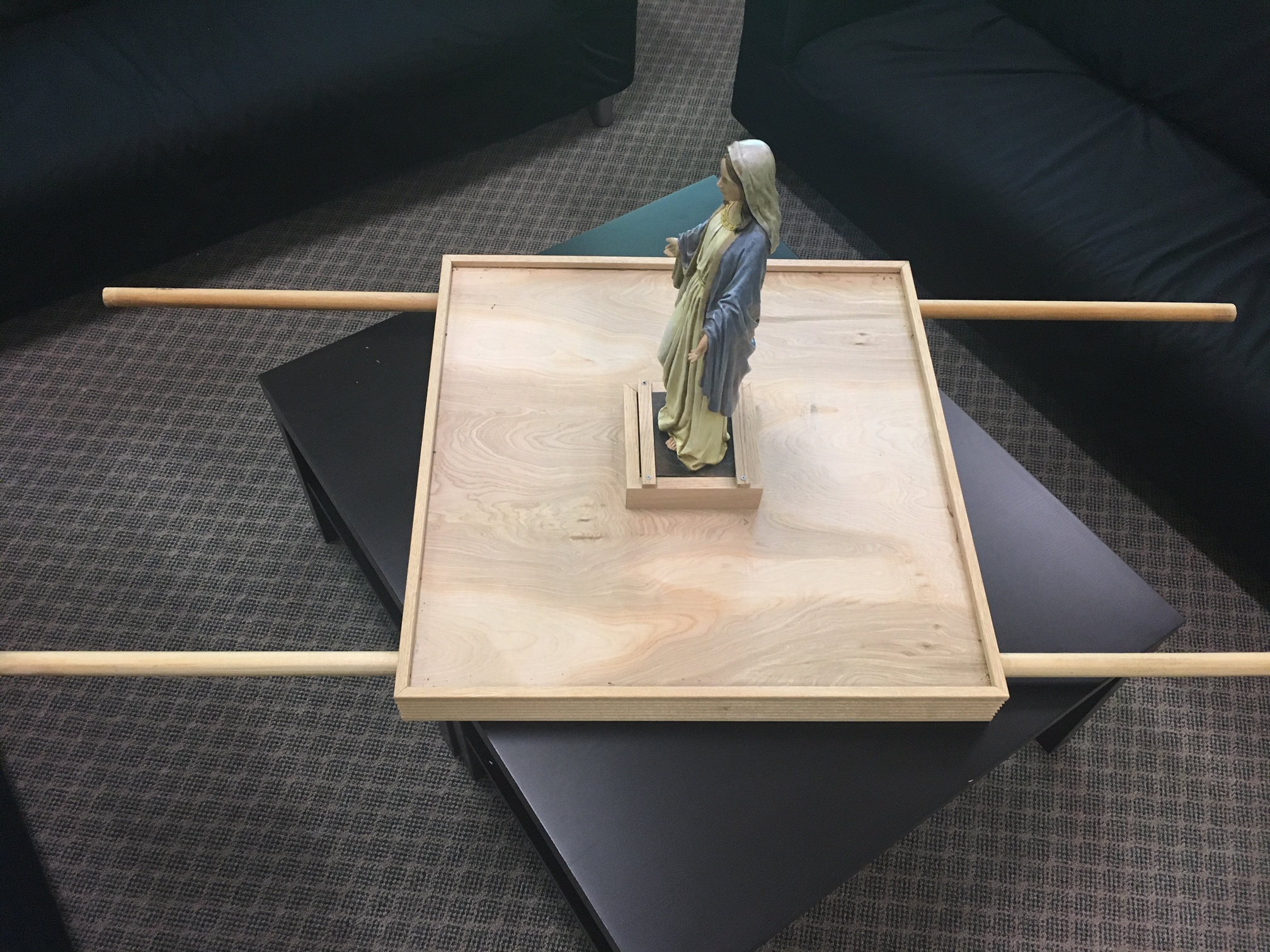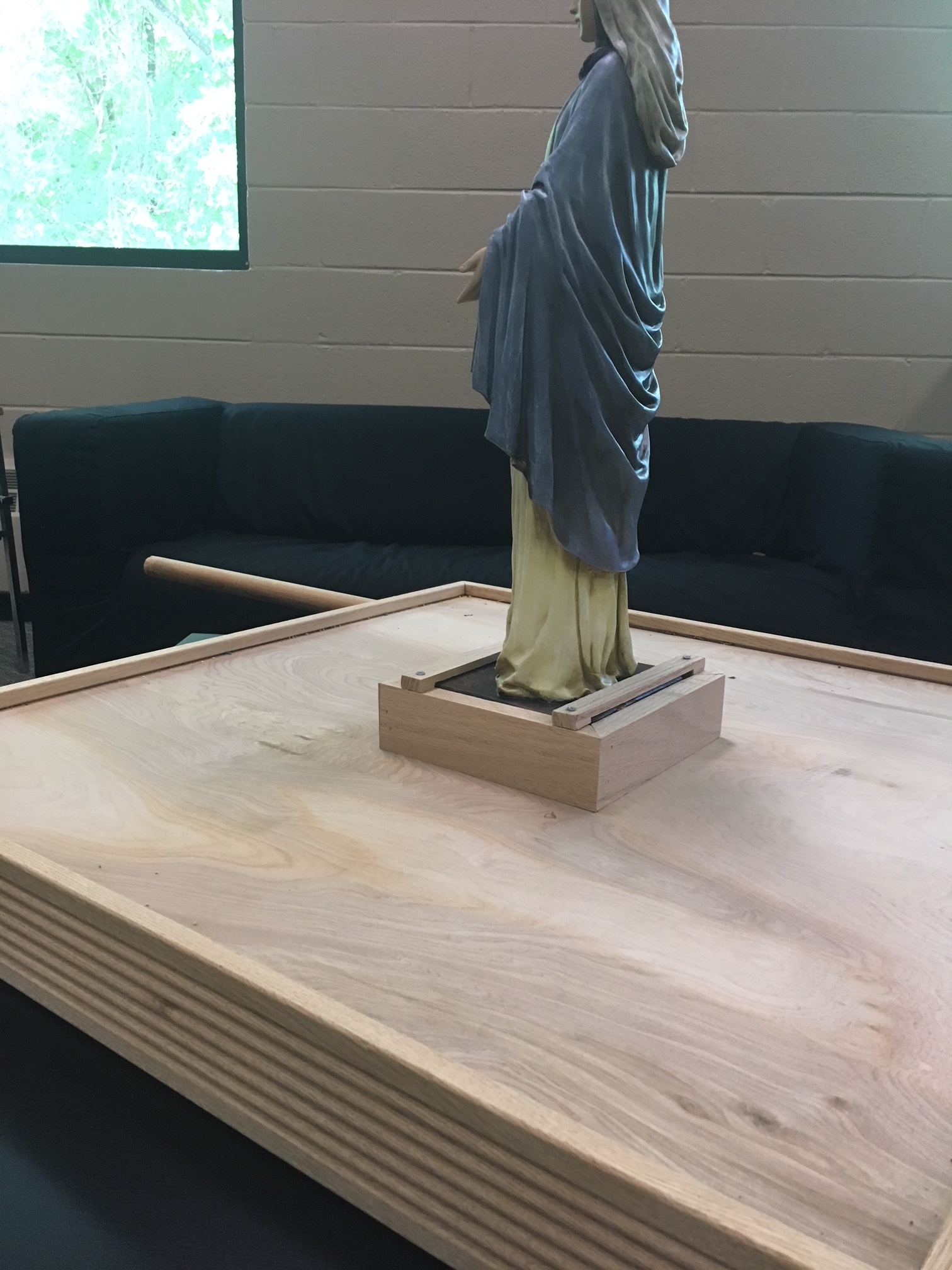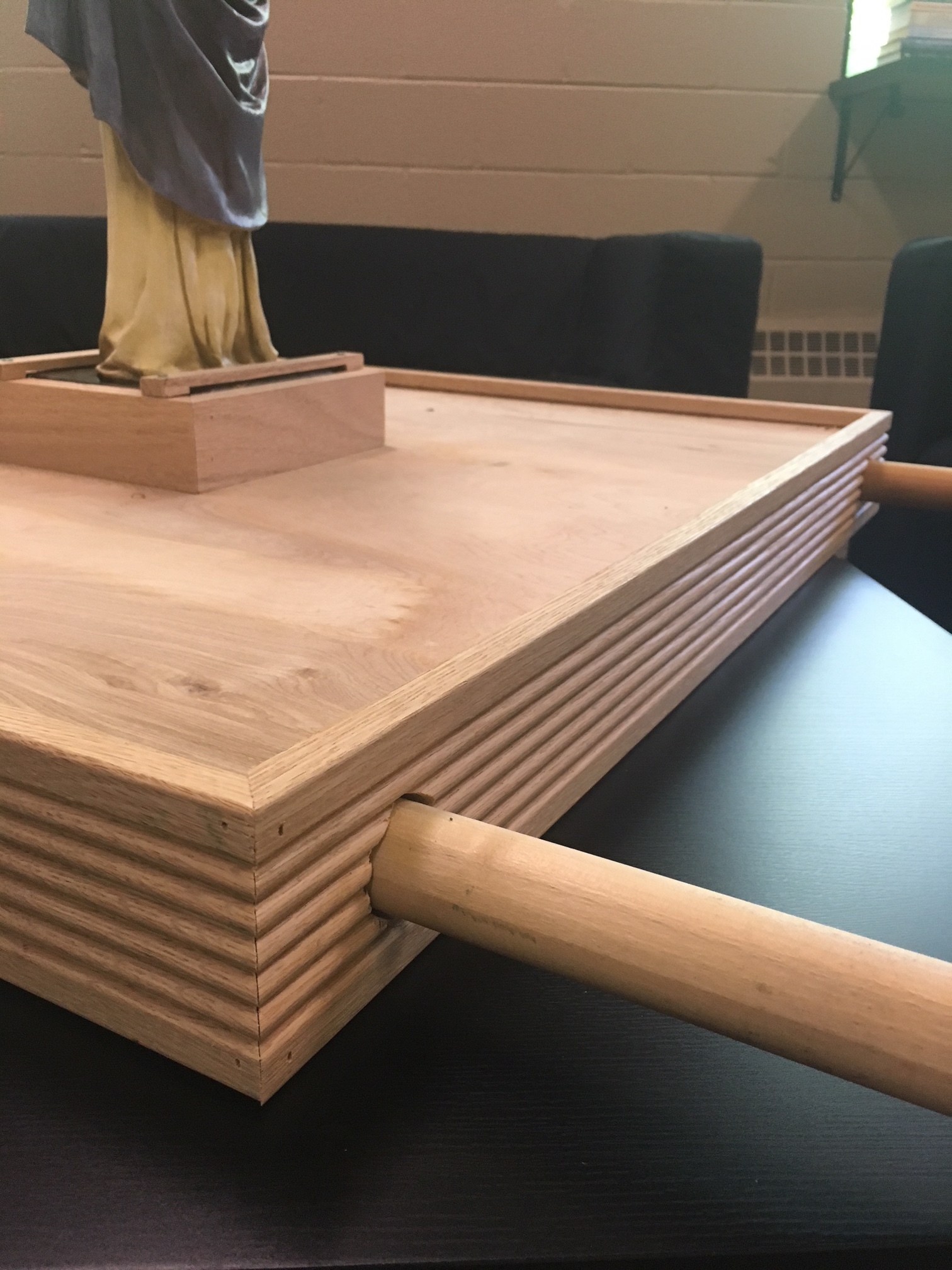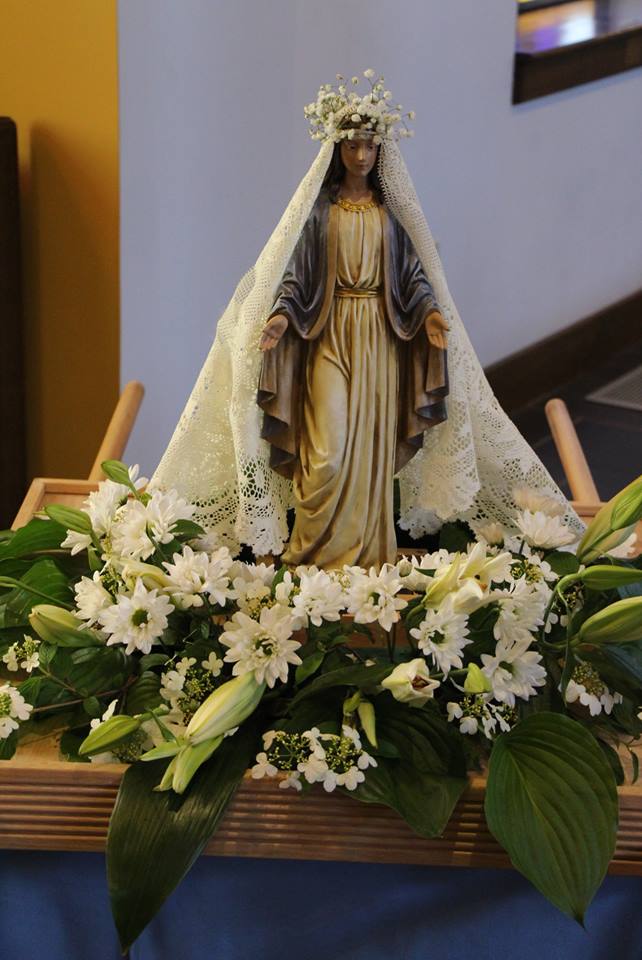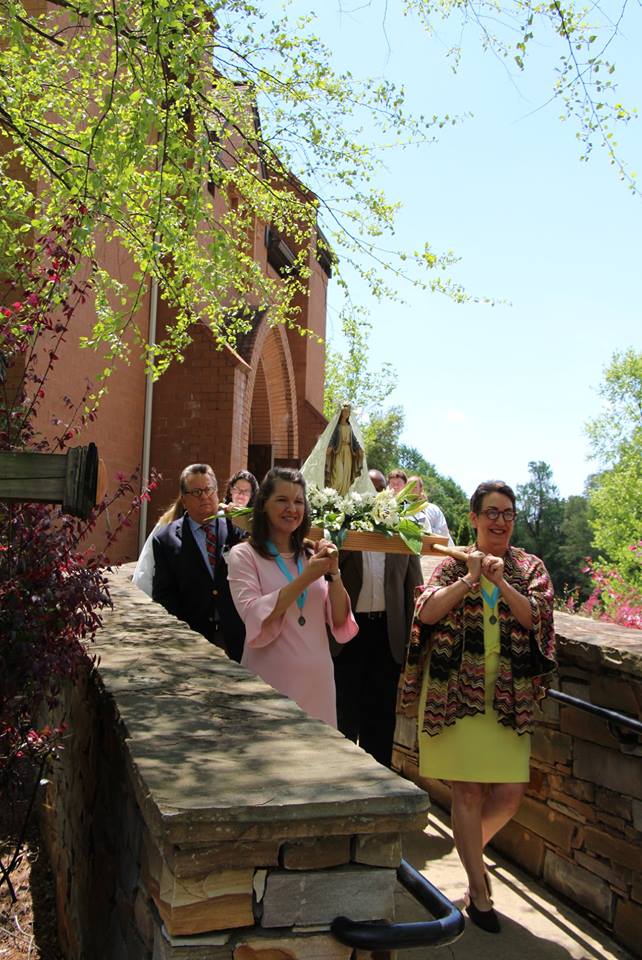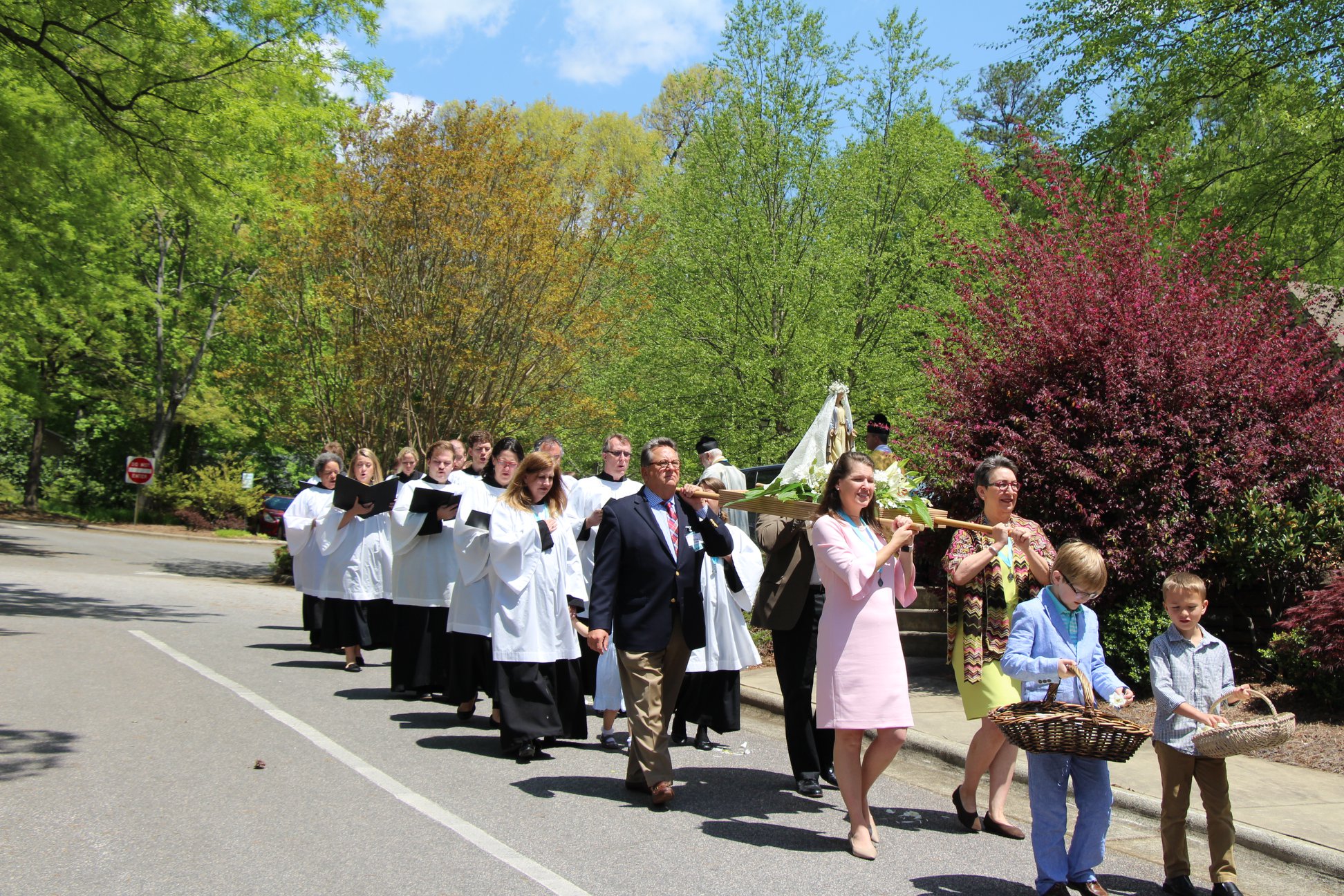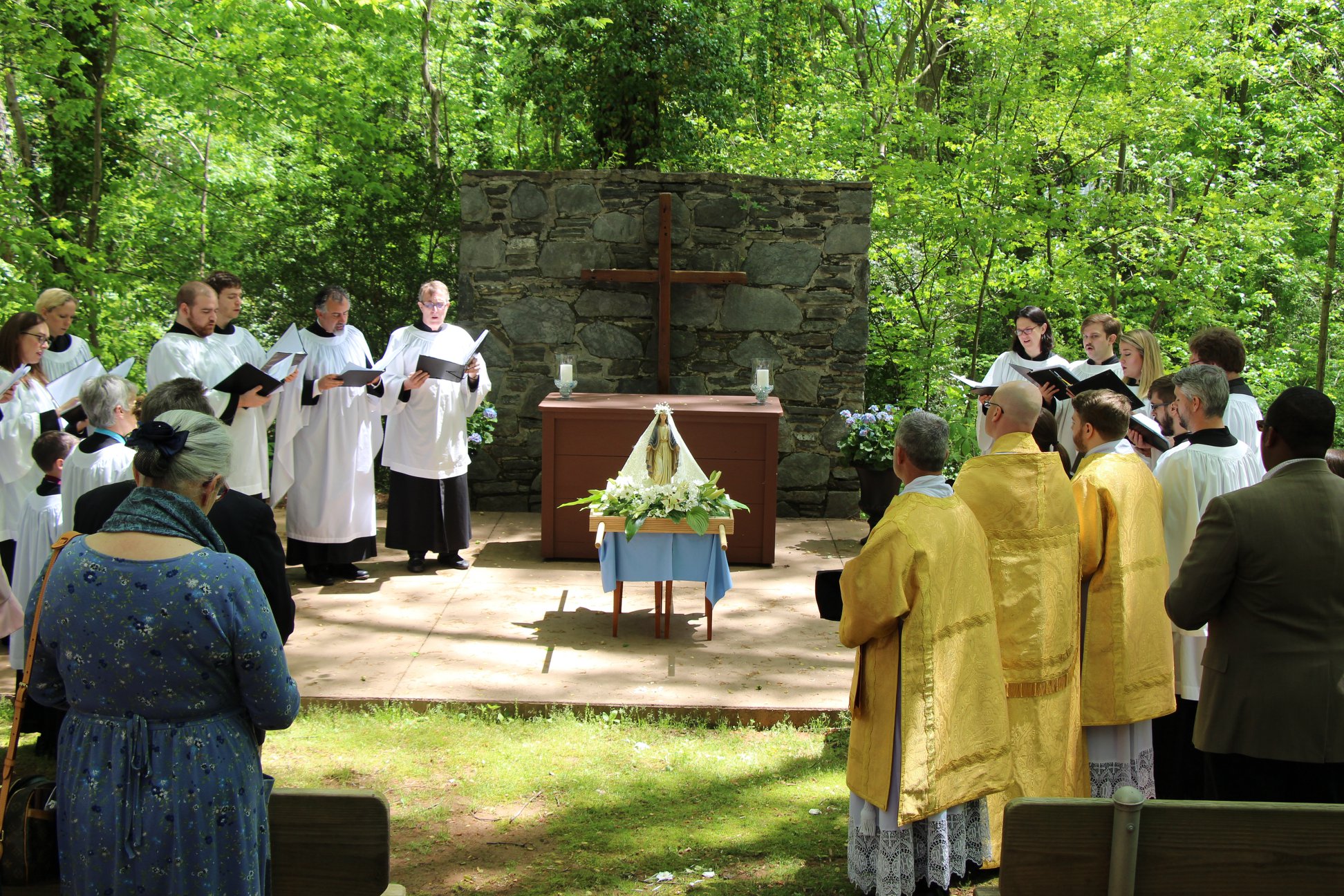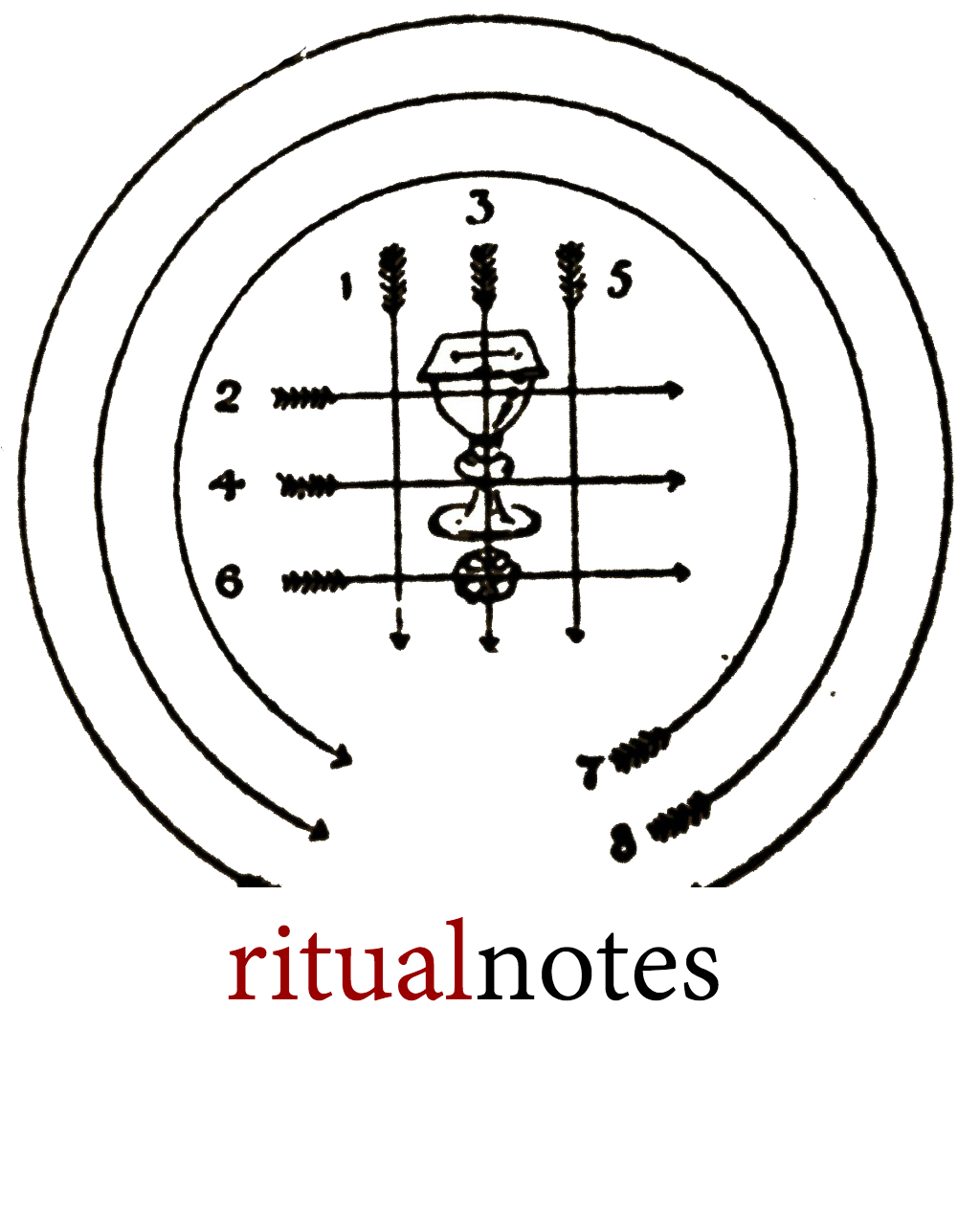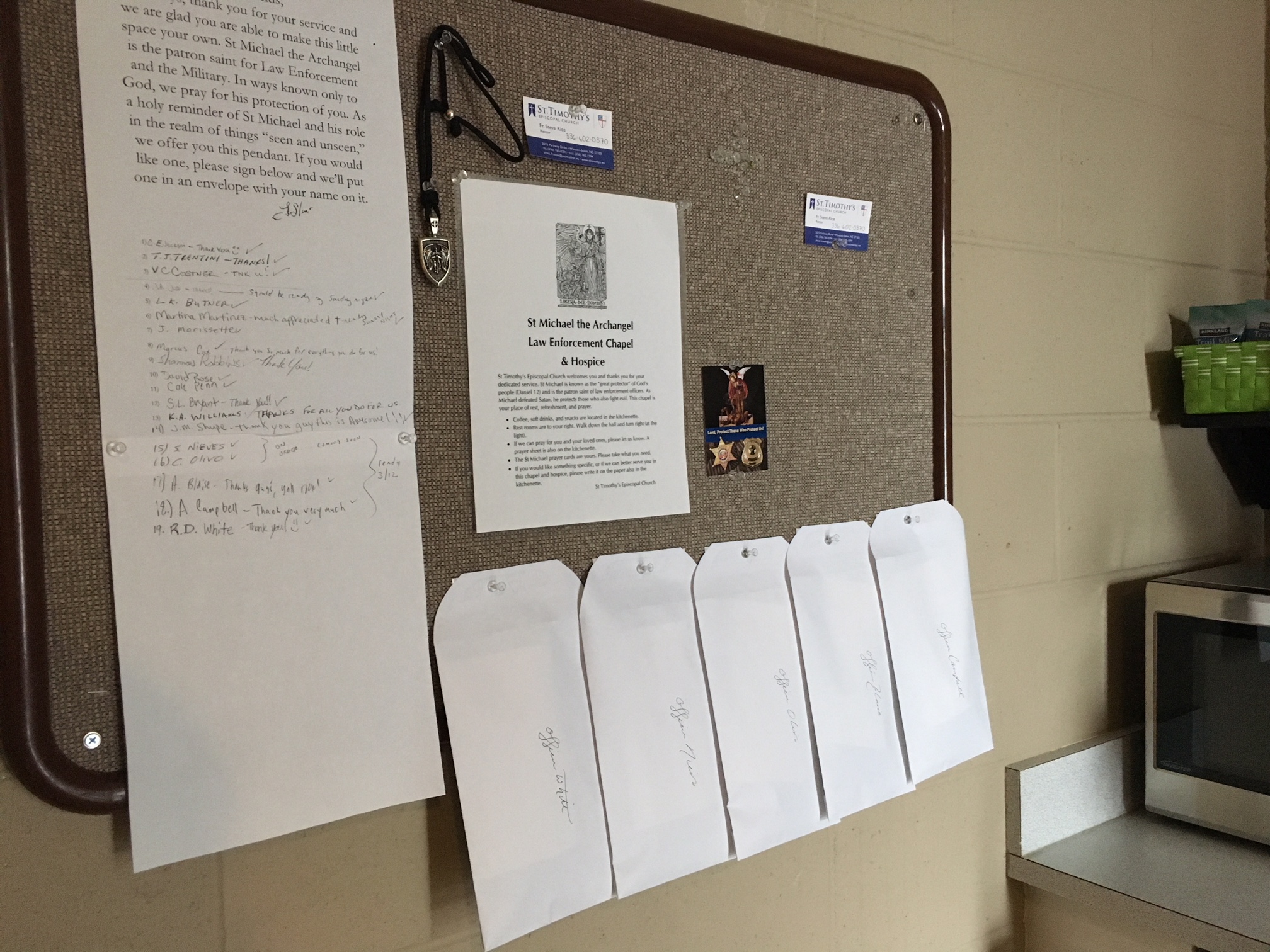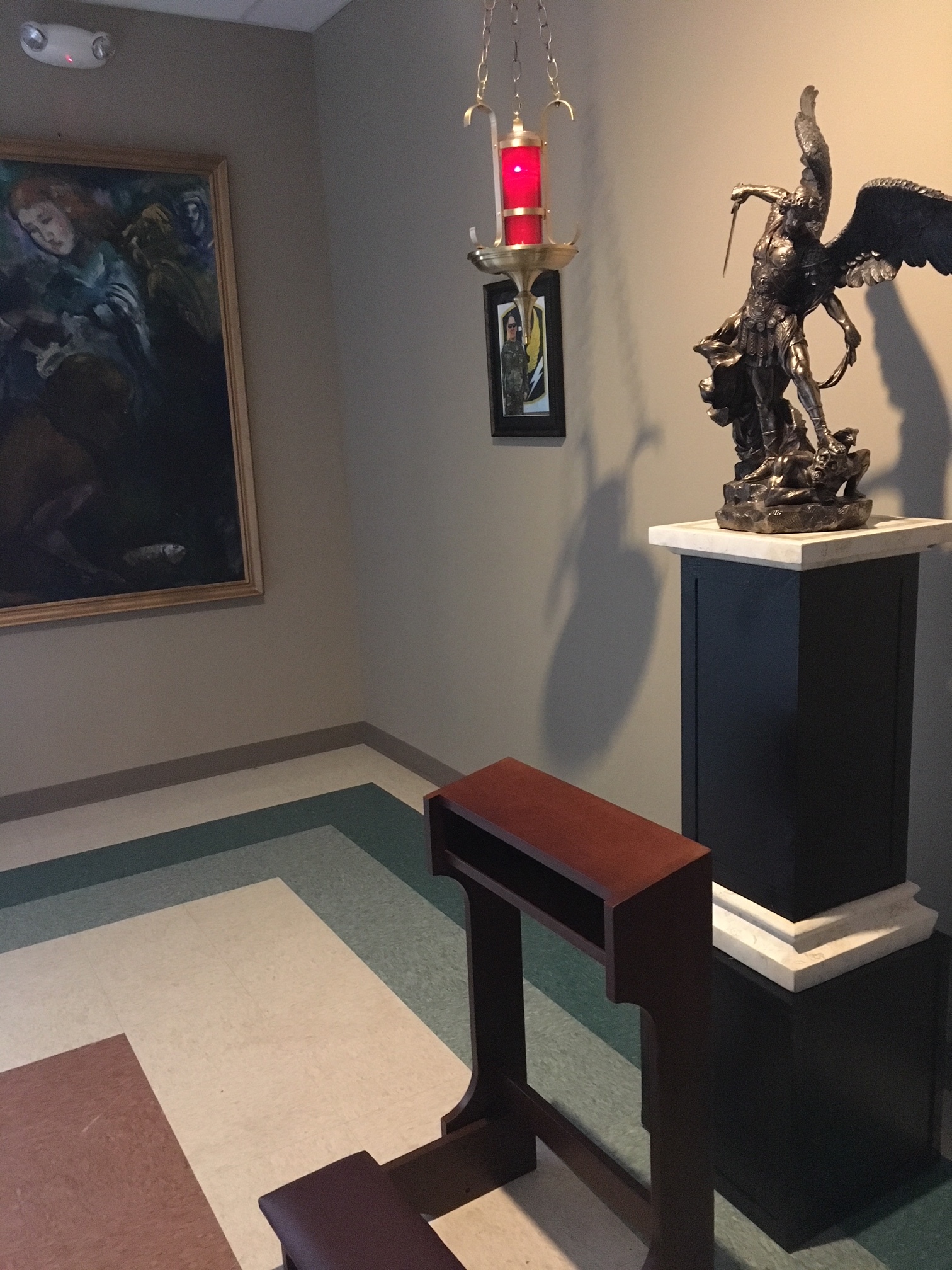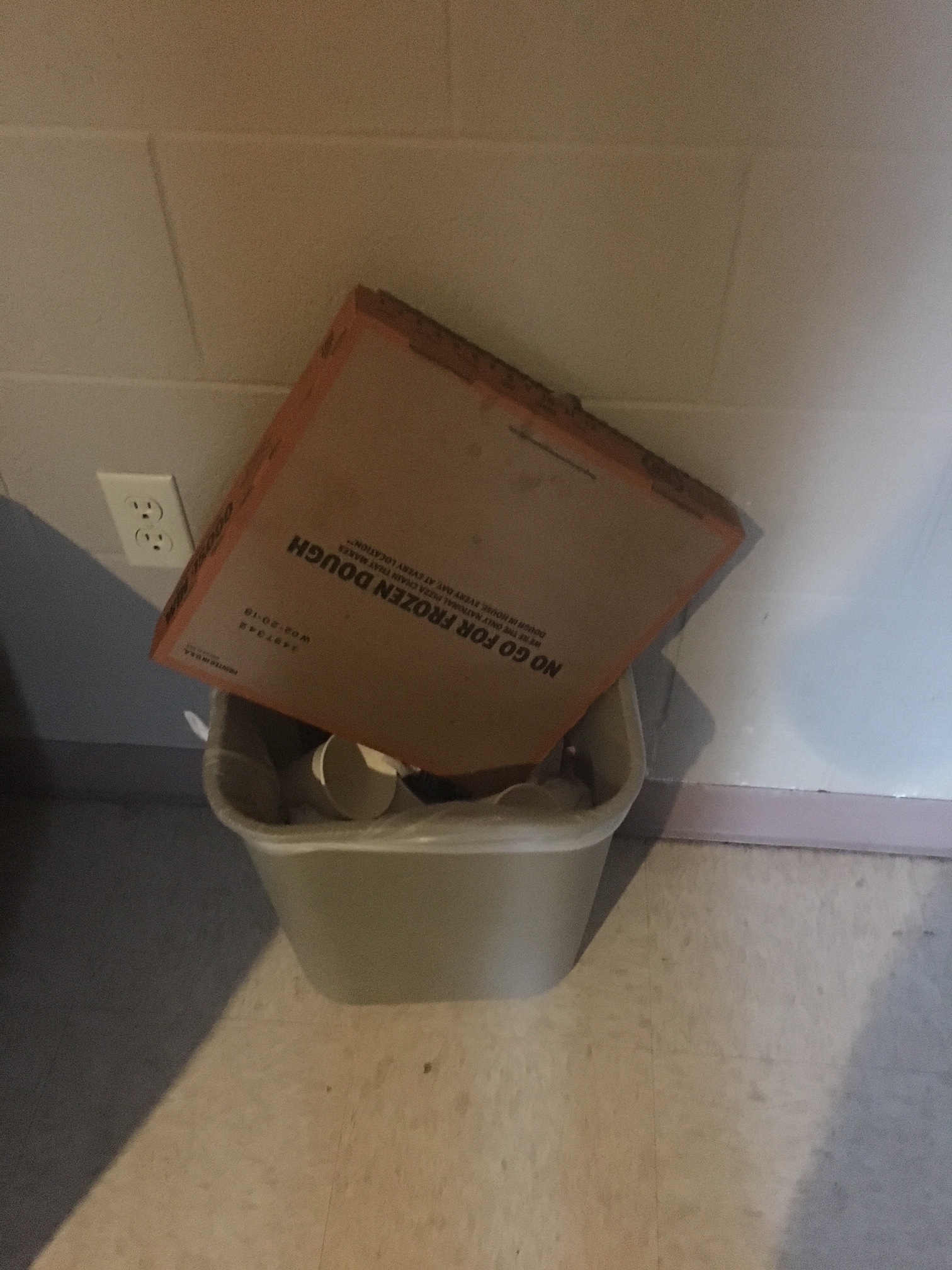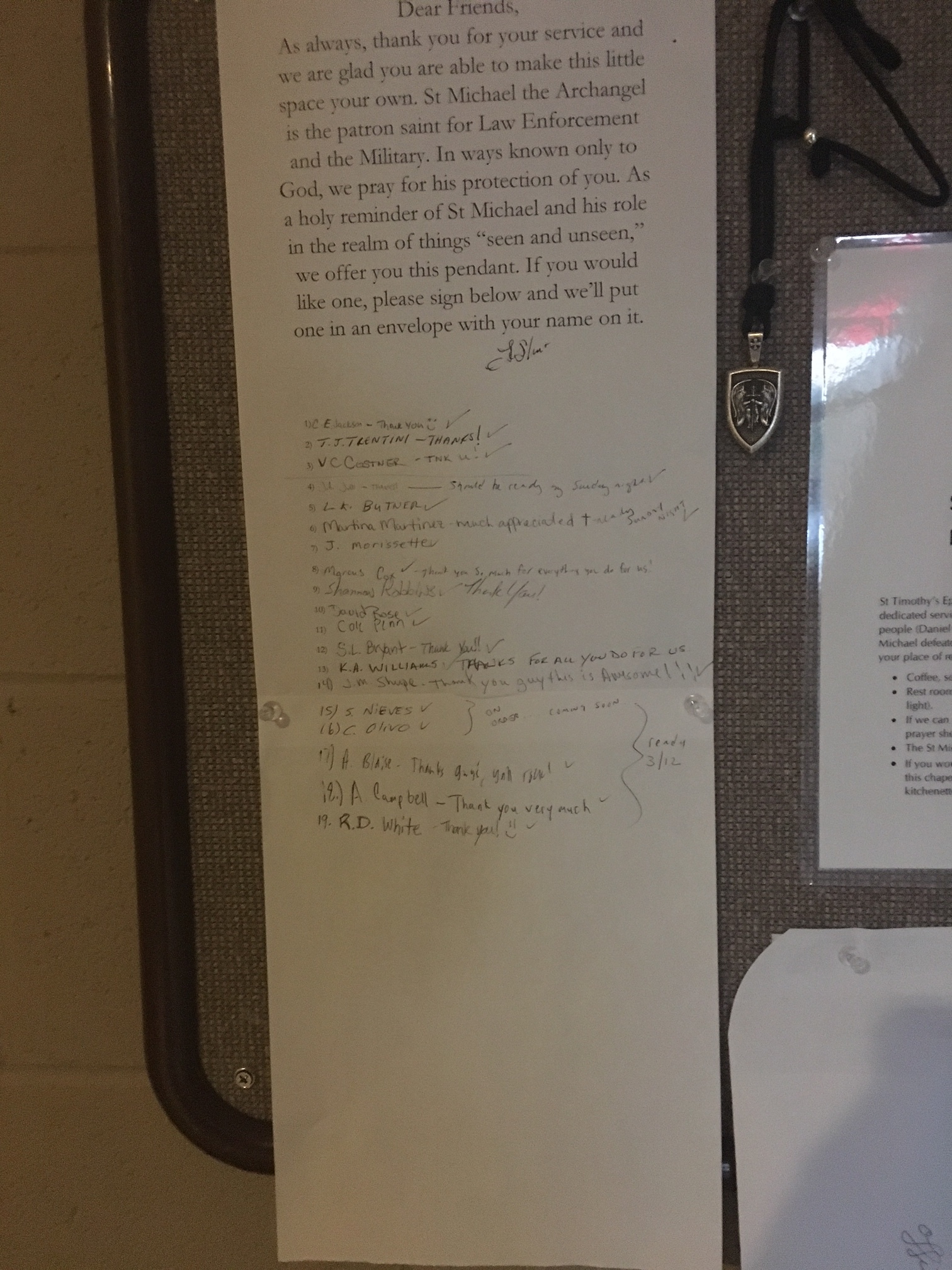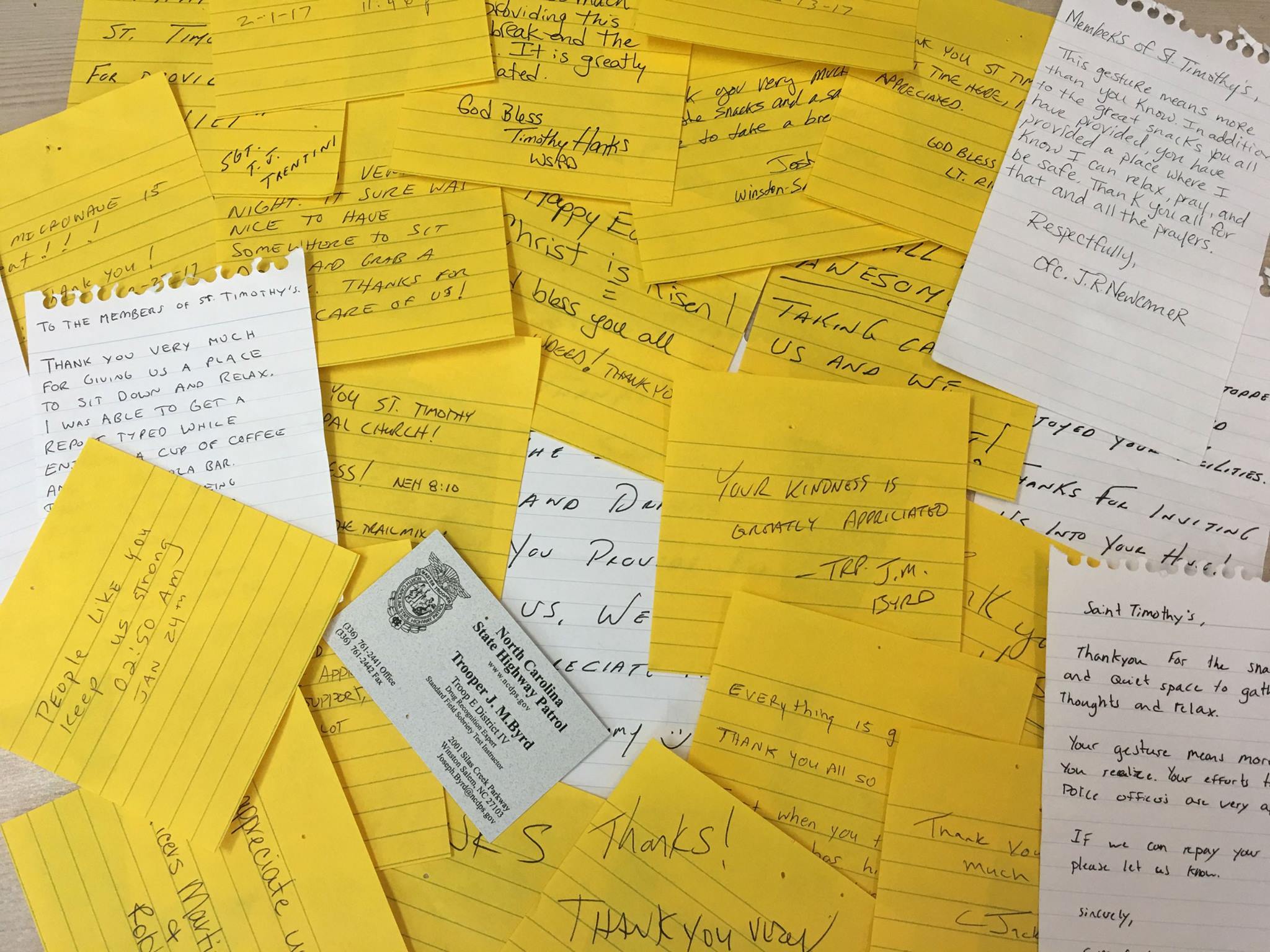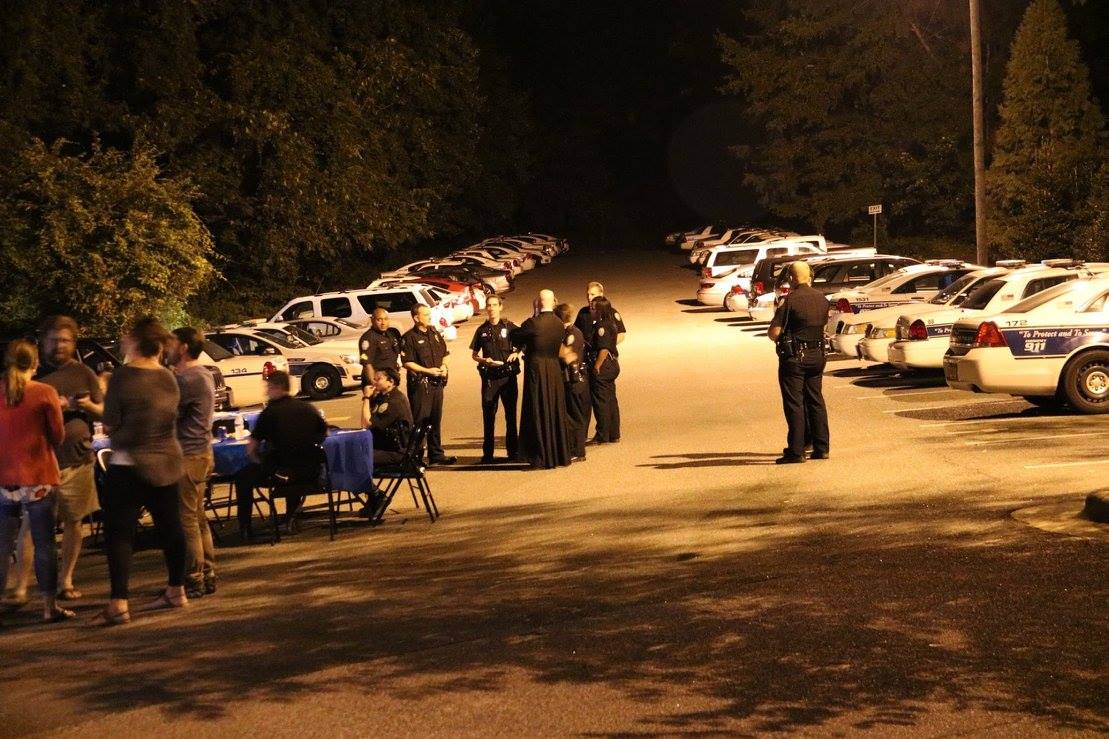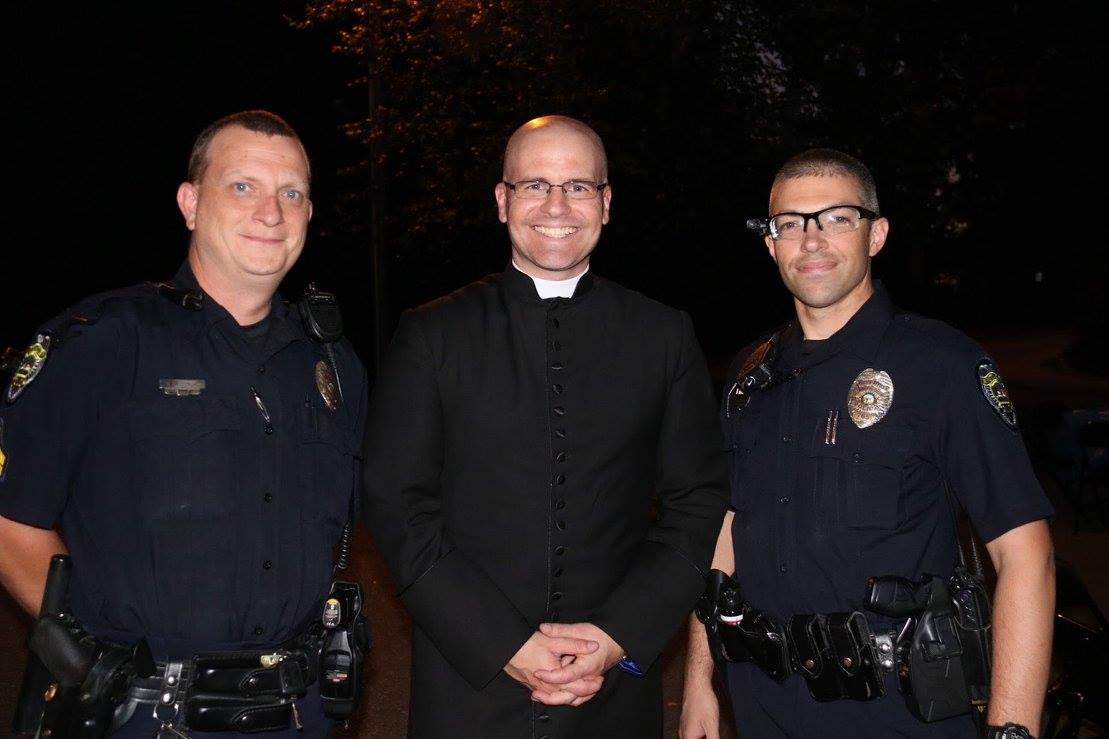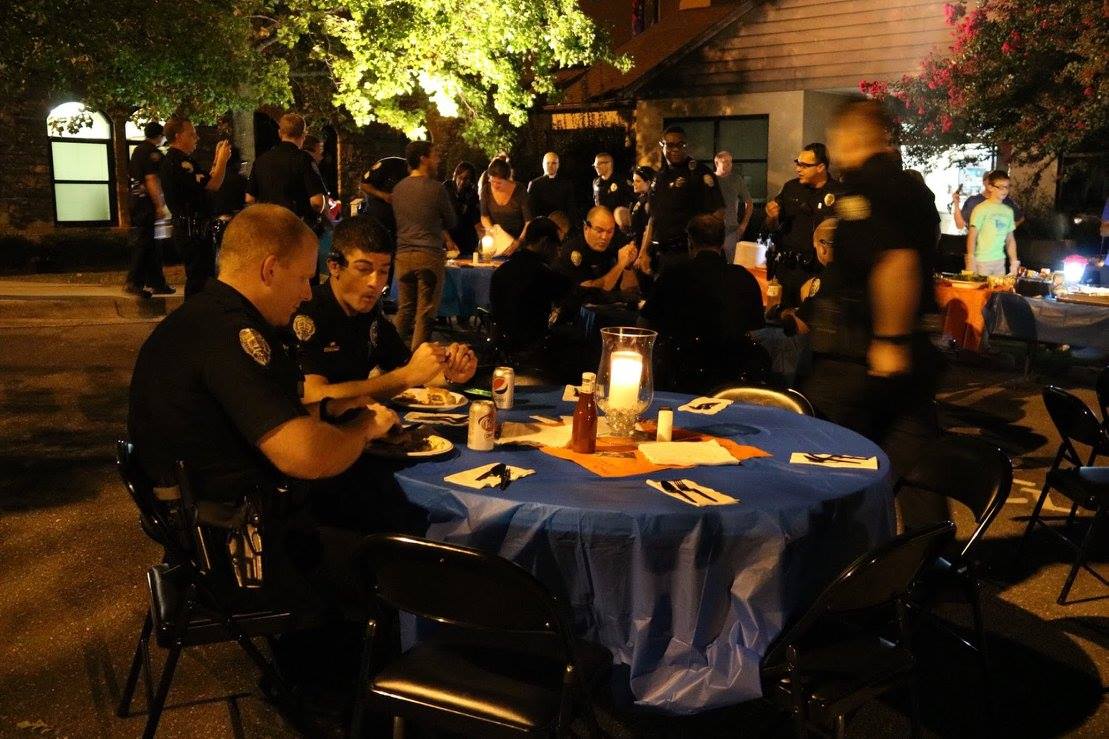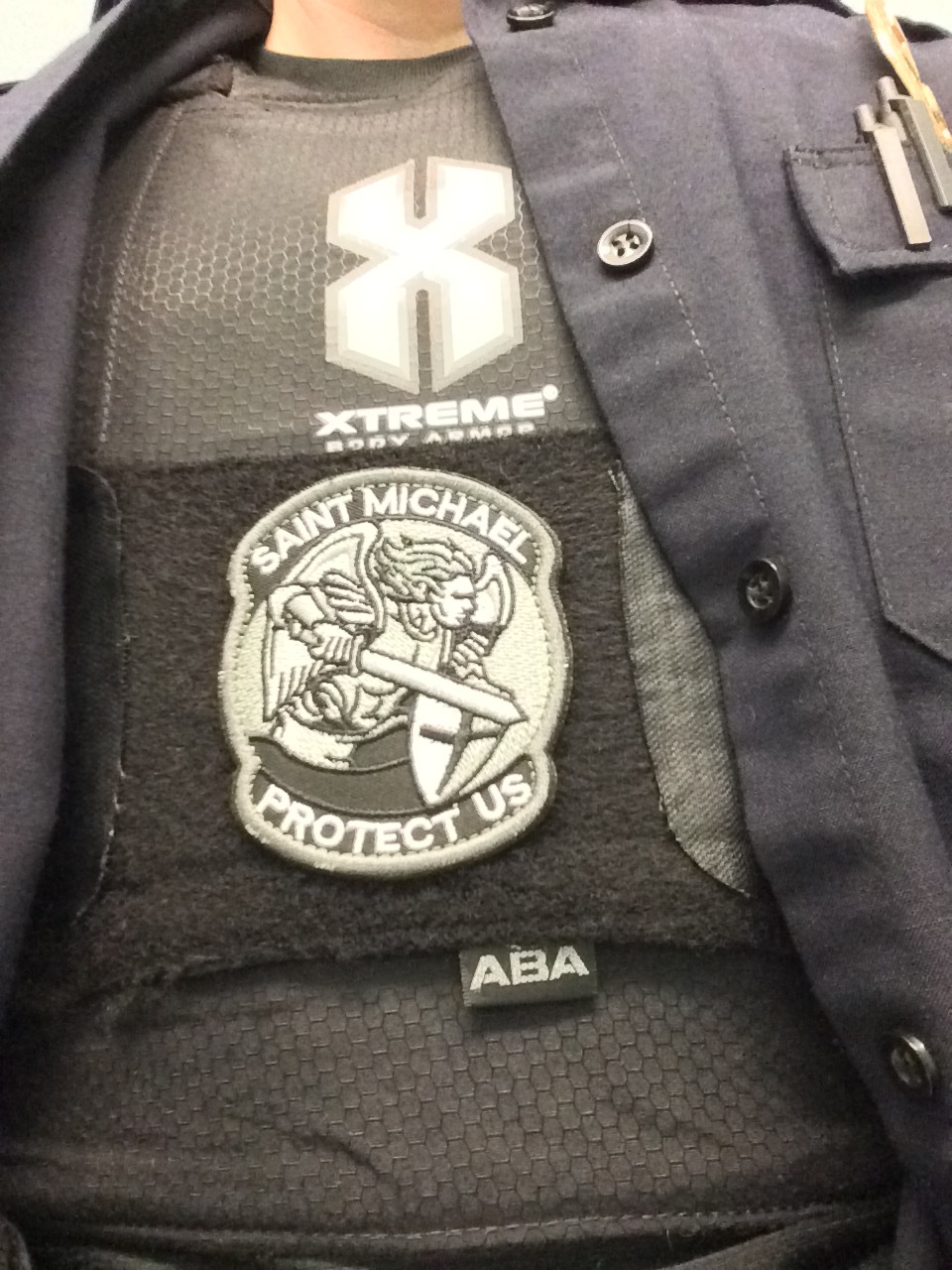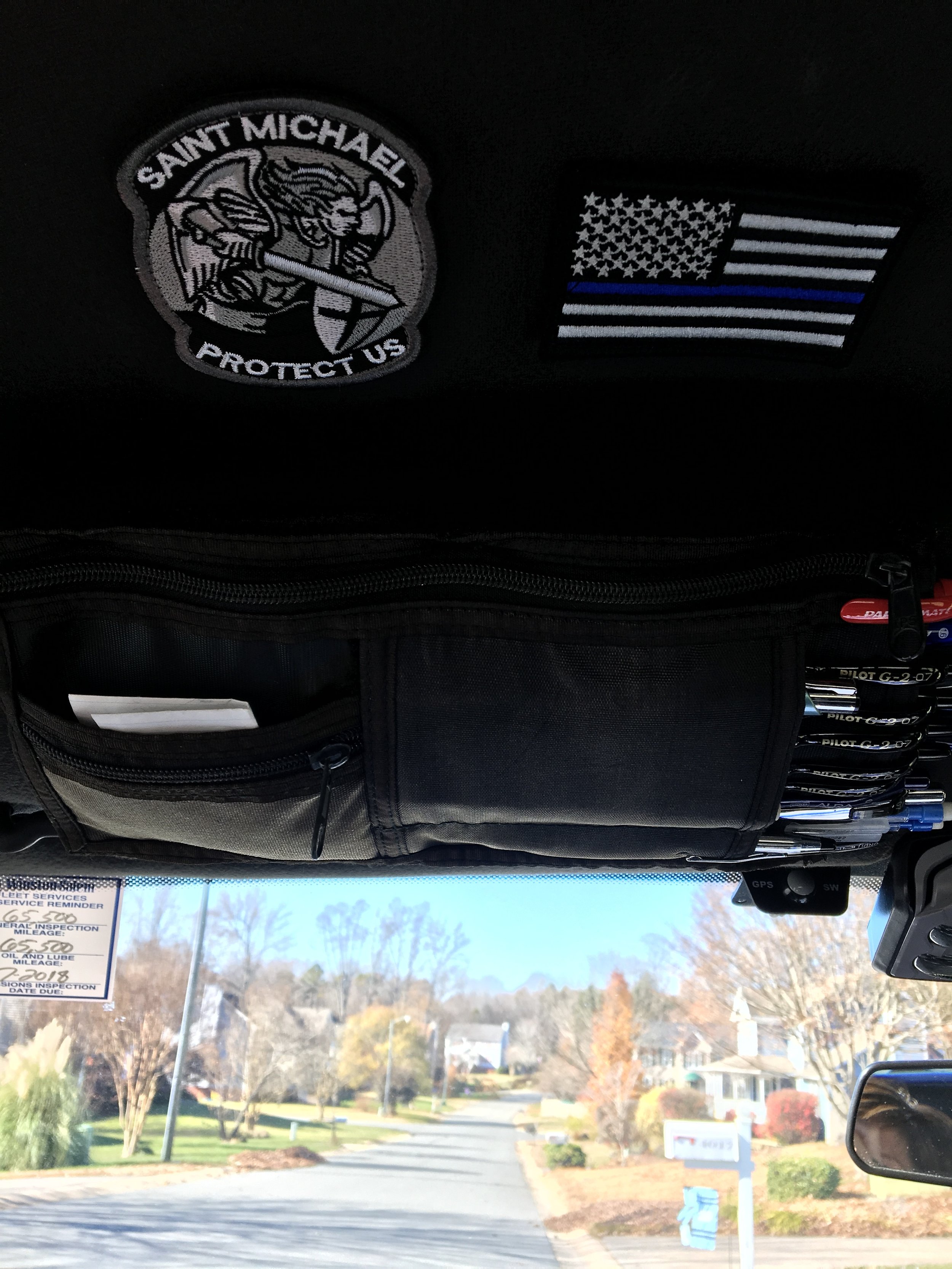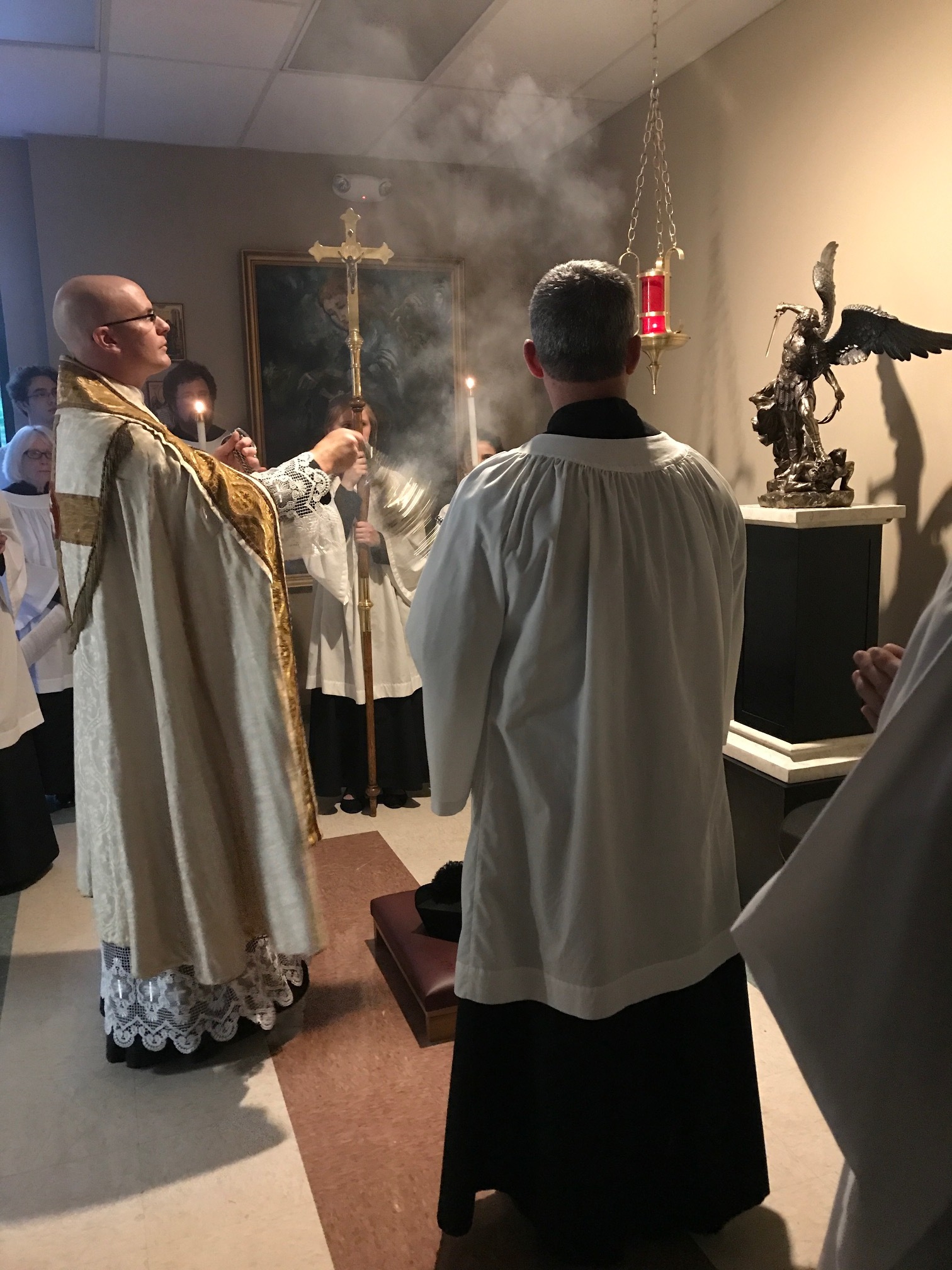Every Wednesday night we pray the Rosary in community. Even though one traditionally prays the Glorious Mysteries on Wednesdays, we rotate so we may pray them all. Meditating on the mysteries - events in the life of Our Lord and his mother - are vital to a deeper prayer experience with the rosary. The recitation of the Hail Marys help occupy our hands and mouths so our heart and mind can go deeper into the mysteries of faith.
Once at Walsingham, I found a helpful book that provided intercessions and prayers for each mystery. It helped me focus my prayers on the mystery and how it connects with my life and the lives around me.
Tonight we will pray the Sorrowful Mysteries. I've borrowed from the Walsingham Rosary and created intercessions for our use.
The First Sorrowful Mystery: The Agony in the Garden
And he came out, and went, as he was wont, to the mount of Olives; and his disciples also followed him. And when he was at the place, he said unto them, Pray that ye enter not into temptation. And he was withdrawn from them about a stone’s cast, and kneeled down, and prayed, Saying, Father, if thou be willing, remove this cup from me: nevertheless not my will, but thine, be done. And there appeared an angel unto him from heaven, strengthening him.
And being in an agony he prayed more earnestly: and his sweat was as it were great drops of blood falling down to the ground. Luke 22.39-44
Let us pray for those who are trapped in anxiety.
Let us pray for those in waiting in the hospital.
Let us pray for those who are praying for someone to come home or praying for someone to leave.
Let us pray for those struggling to make difficult decisions.
We pray this mystery for all who are in distress: physical, emotional, mental, and spiritual. We pray they may unite their agony to that of Jesus in the Garden.
Our Father….
The Second Sorrowful Mystery: The Scourging of Our Lord
When Pilate saw that he could prevail nothing, but that rather a tumult was made, he took water, and washed his hands before the multitude, saying, I am innocent of the blood of this just person: see ye to it. Then answered all the people, and said, His blood be on us, and on our children. Then released he Barabbas unto them: and when he had scourged Jesus, he delivered him to be crucified. Matthew 27.24-26
Let us pray for those who are abused.
Let us pray for those who suffer in silence.
Let us pray for healing and unity in the Church, that our divisions may no longer wound the Body of Christ.
Let us pray for those who are bullied and let us pray for those who bully others.
We pray this mystery for all who endure the lashes of our pride, negligence, and hate. We pray this also for those who hold the whip. May all find healing in the wounds of Christ.
Our Father…
The Third Sorrowful Mystery: The Crowning with Thorns
Then the soldiers of the governor took Jesus into the common hall, and gathered unto him the whole band of soldiers. And they stripped him, and put on him a scarlet robe. And when they had platted a crown of thorns, they put it upon his head, and a reed in his right hand: and they bowed the knee before him, and mocked him, saying, Hail, King of the Jews! And they spit upon him, and took the reed, and smote him on the head. And after that they had mocked him, they took the robe off from him, and put his own raiment on him, and led him away to crucify him. Matthew 27.27-31
Let us pray for those who are humiliated daily.
Let us pray for those who still bear the shame of past sins.
Let us pray for those who mock Our Lord with words, art, or drama.
Let us pray for those who blaspheme Our Lord in the Blessed Sacrament.
We pray this mystery for those who elevate themselves at the expense of others. We pray also for reverence and courage against blasphemy.
Our Father…
The Fourth Sorrowful Mystery: Carrying the Cross
And as they came out, they found a man of Cyrene, Simon by name: him they compelled to bear his cross. And when they were come unto a place called Golgotha, that is to say, a place of a skull, They gave him vinegar to drink mingled with gall: and when he had tasted thereof, he would not drink. Matthew 27.32-34
Let us pray for our Law Enforcement Officers, especially those who find rest in the St Michael Chapel.
Let us pray for our shelter volunteers, especially our monitors Sam, Devon, and Jessica.
Let us pray for all who help carry the burdens of others, especially when it is thrust upon them.
Let us pray for caregivers, especially to the elderly.
We pray this mystery for greater courage in carrying our own cross and for strength to aid others in carrying theirs.
Our Father…
The Fifth Sorrowful Mystery: The Crucifixion
And when they were come to the place, which is called Calvary, there they crucified him, and the malefactors, one on the right hand, and the other on the left. Then said Jesus, Father, forgive them; for they know not what they do. And they parted his raiment, and cast lots. And the people stood beholding. And the rulers also with them derided him, saying, He saved others; let him save himself, if he be Christ, the chosen of God. And the soldiers also mocked him, coming to him, and offering him vinegar, And saying, If thou be the king of the Jews, save thyself. And a superscription also was written over him in letters of Greek, and Latin, and Hebrew, THIS IS THE KING OF THE JEWS. And one of the malefactors which were hanged railed on him, saying, If thou be Christ, save thyself and us. But the other answering rebuked him, saying, Dost not thou fear God, seeing thou art in the same condemnation? And we indeed justly; for we receive the due reward of our deeds: but this man hath done nothing amiss. And he said unto Jesus, Lord, remember me when thou comest into thy kingdom. And Jesus said unto him, Verily I say unto thee, Today shalt thou be with me in paradise. And it was about the sixth hour, and there was a darkness over all the earth until the ninth hour. And the sun was darkened, and the veil of the temple was rent in the midst. And when Jesus had cried with a loud voice, he said, Father, into thy hands I commend my spirit: and having said thus, he gave up the ghost. Luke 23.33-46
Let us pray for those who are dying at this hour.
Let us pray for doctors and nurses who stand near the threshold of life and death.
Let us pray for the Society of St Joseph of Arimathea and those who die with no one to mourn them.
Let us pray for those who have died. May they feel the love of our prayers.
We pray this mystery for those approaching the mystery of death. May we all face that hour prepared and strengthened by the Sacraments of the Church. We pray for grace and mercy for those who do not.
Our Father…
